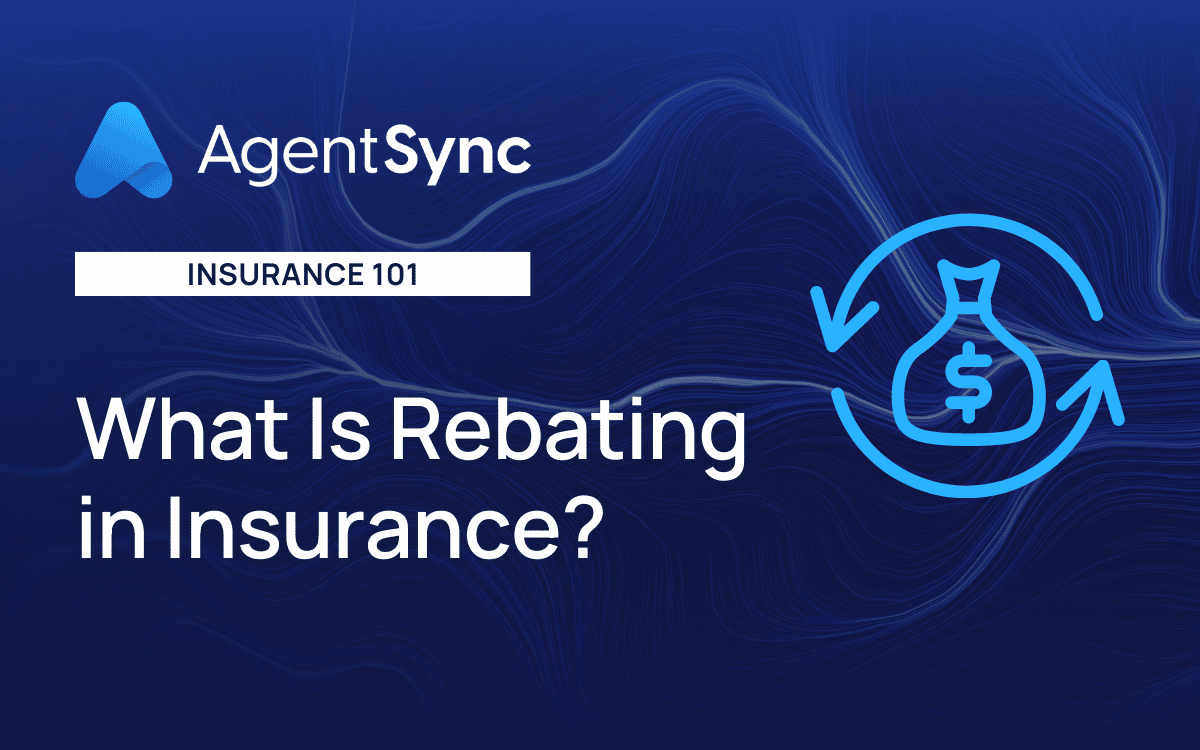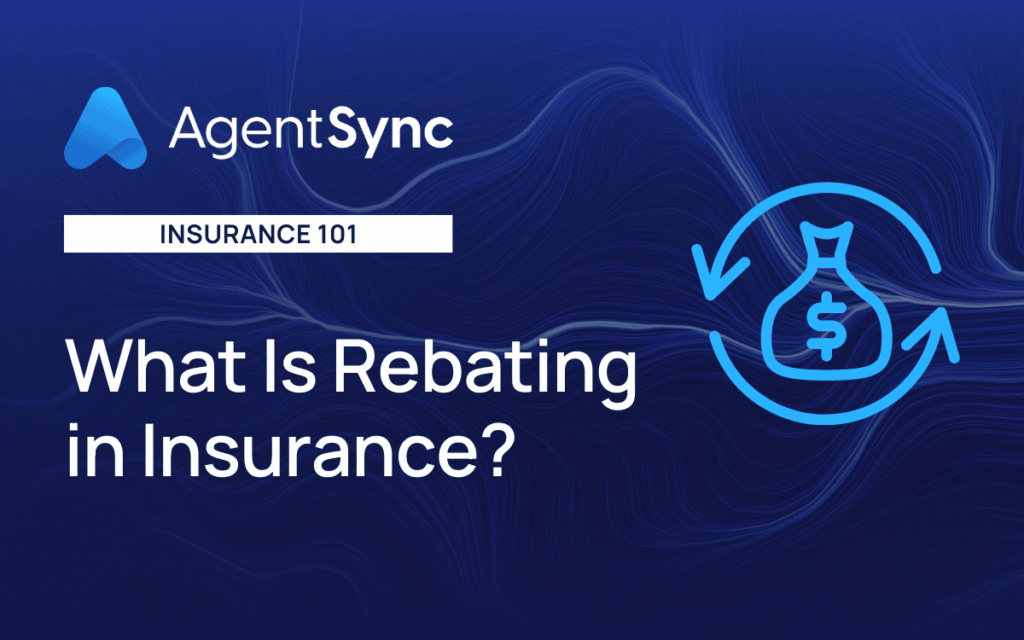Definition of Insurance Rebating
Insurance rebating is an illegal practice in which an insurance agent or broker offers or gives a customer a discount or rebate on their insurance premium in exchange for the customer purchasing a policy through them.
This is done in order to attract customers and increase sales, but it is against the law because it can lead to unfair competition and higher insurance rates for everyone else.
Examples of Rebating Practices
- An insurance agent offers a customer a 10% discount on their car insurance premium if they switch to their company.
- A broker gives a customer a rebate of $50 if they purchase a life insurance policy through them.
- An agent offers to pay for the customer’s first month’s premium if they buy a homeowners insurance policy through them.
Legality and Regulations

Insurance rebating, the practice of providing discounts or refunds on insurance premiums in exchange for business, is subject to strict legal implications and regulations.
In many jurisdictions, rebating is prohibited or heavily regulated due to its potential to undermine the integrity of the insurance market and harm consumers.
Penalties for Rebating
- Fines: Substantial monetary penalties can be imposed on individuals or companies involved in rebating.
- License Revocation: Insurance agents or brokers who engage in rebating may face license revocation or suspension.
- Criminal Charges: In some cases, rebating may be considered a criminal offense, leading to jail time or other legal consequences.
Impact on Consumers
Insurance rebating offers both potential benefits and risks to consumers. It can make insurance more affordable and accessible, but it can also lead to unethical practices and reduced consumer protections.
Benefits of Rebating
- Lower costs: Rebating can reduce the cost of insurance by allowing consumers to receive a portion of the agent’s commission as a rebate.
- Increased competition: Rebating can increase competition among insurance agents, which can lead to lower premiums and better service for consumers.
- Improved access to insurance: Rebating can make insurance more affordable for low-income and underserved consumers, who may otherwise be unable to afford coverage.
Risks of Rebating
- Unethical practices: Rebating can create incentives for insurance agents to engage in unethical practices, such as overcharging for insurance or providing misleading information to consumers.
- Reduced consumer protections: Rebating can weaken consumer protections by reducing the incentive for insurance agents to act in the best interests of their clients.
- Limited availability: Rebating is not available in all states, and it may be difficult to find insurance agents who offer rebates.
Ethical Implications
The ethical implications of rebating are complex. On the one hand, rebating can make insurance more affordable and accessible for consumers. On the other hand, it can create incentives for unethical practices and reduce consumer protections. Ultimately, the decision of whether or not to accept a rebate is a personal one that should be made after carefully considering the potential benefits and risks.
Impact on Insurance Industry
Insurance rebating can significantly impact insurance companies and agents. Rebating can lead to reduced premiums for consumers, which can result in lower profits for insurance companies. This can lead to increased competition among insurance companies, as they try to attract customers by offering lower rates.
Impact on Competition and Consumer Choice
Rebating can increase competition in the insurance industry, as companies try to attract customers by offering lower rates. This can benefit consumers by giving them more options and potentially lower premiums. However, rebating can also lead to unfair competition, as companies that offer rebates may have an unfair advantage over those that do not.
Prevention and Detection
Combating insurance rebating requires a multi-pronged approach involving proactive prevention and effective detection mechanisms.
Prevention Strategies
- Education and Awareness: Educating consumers and insurance professionals about the illegality and consequences of rebating is crucial to deterring these practices.
- Industry Self-Regulation: Insurance industry associations can establish codes of conduct and implement monitoring systems to discourage rebating within their ranks.
- Stricter Licensing Requirements: Requiring higher qualifications and background checks for insurance agents can help identify and weed out individuals with a history of unethical behavior.
Detection Methods
Detecting insurance rebating involves vigilant monitoring and investigation.
- Data Analysis: Insurance companies can analyze sales data to identify unusual patterns or deviations that may indicate rebating activities.
- Compliance Audits: Independent audits can uncover irregularities in insurance policies and financial records, revealing potential rebating practices.
- Consumer Complaints: Encouraging consumers to report suspected rebating can provide valuable leads for investigators.





